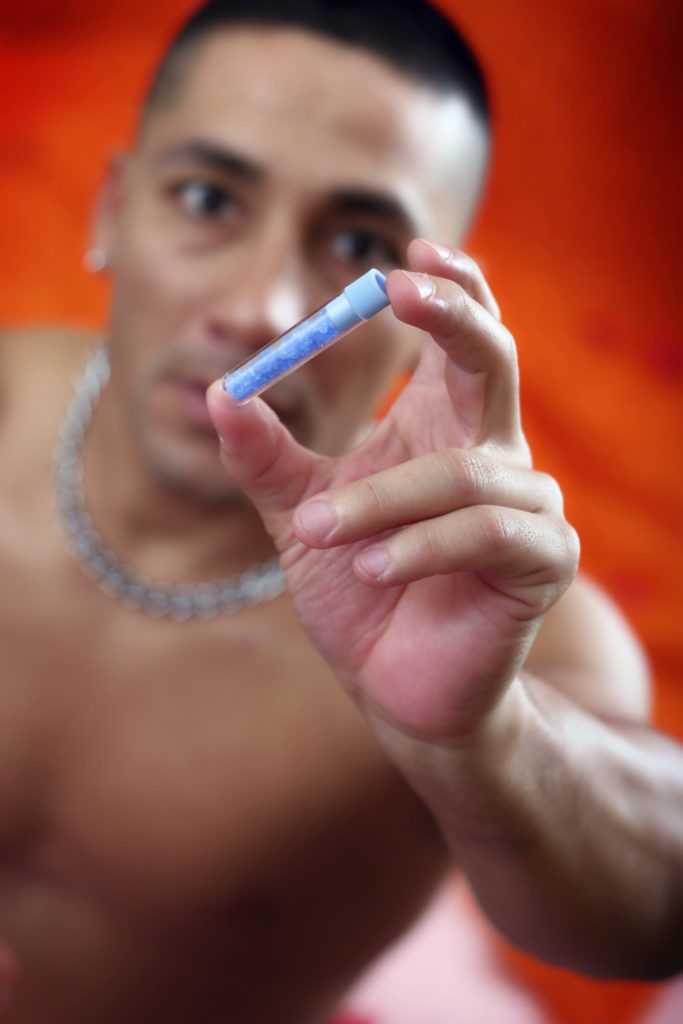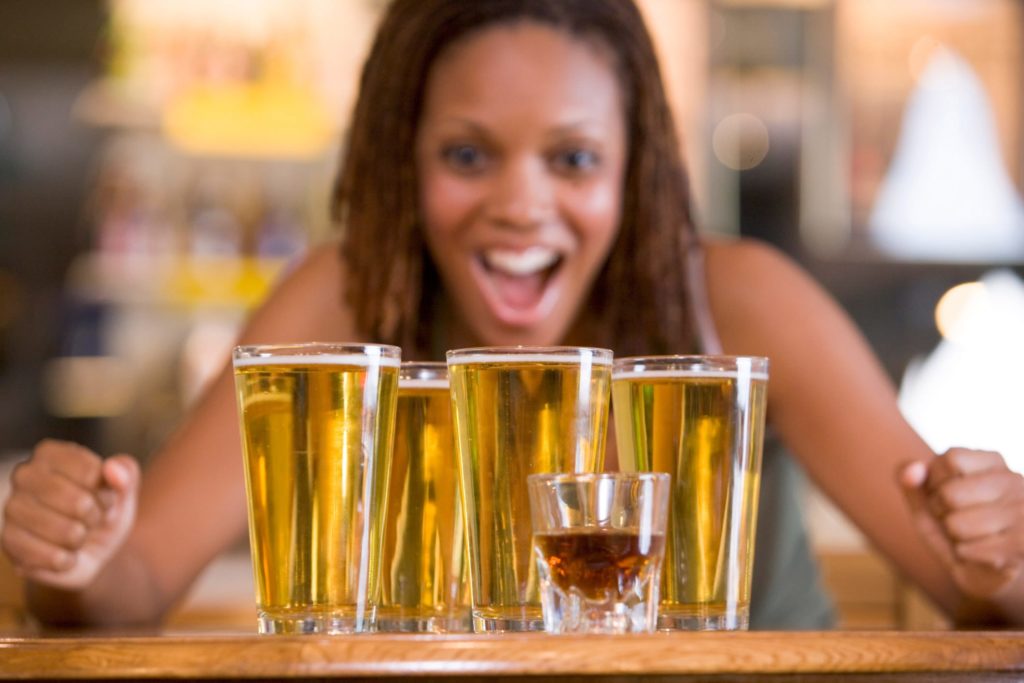Depression and anxiety have always been closely connected with addiction. In many cases, they are the triggering things that led a person to start drinking or taking drugs. In time, they may even be associated with getting clean. This is because the chemical changes created by drugs and alcohol are the same chemicals in your brain that control depression and anxiety and may require a comprehensive dual diagnosis treatment program to get clean. Let’s take a look at how these two things are connected so intimately with both addiction and recovery.
Depression and Anxiety Leading To Addiction
A higher percentage of those with addictions experience mental health issues than those in the general population. People with addiction are often self-medication mental health issues such as:
- Depression disorder
- Anxiety disorder
- Bipolar disorder
- Post-traumatic stress disorder (PTSD)
Left untreated, mental health issues can lead to substance addiction. It is believed that many people use alcohol or drugs to help overcome the symptoms of depression and anxiety.
The use of drugs or alcohol helps release serotonin into the brain, which lifts the spirits but also dulls inhibitions, allowing a person to be more open. What starts out as self-medication to feel the way it seems the rest of the world feels can quickly turn into an addiction. Once the effects of the substance wear off, the old symptoms return. This gives one the impression that they can’t cope with life without the substance.
Effects of Anxiety and Depression on Addiction
Anxiety can have a profound effect on addiction. It is common for those with anxiety disorders to self-medicate with drugs or alcohol. This is because when a person feels anxious, they are looking for a way to calm themselves down. Unfortunately, this often leads to addiction.
Dual Diagnosis and Treatment
When you have an underlying psychological disorder such as depression or anxiety, you are considered to have a dual diagnosis; it is important that any treatment you get during rehab also addresses these disorders. By not addressing them, part of the problem that is likely to be related to your embarking on the road to substance abuse still remains. By acknowledging and treating these, you are able to gain healthier coping skills and possibly medication to ease the symptoms. This combination gives you a much greater chance of continuing on the recovery road successfully.
Elements of dual-diagnosis treatment include:
- Psychotherapy — Cognitive-behavioral therapy (CBT) is often used to help those with anxiety and addiction. This type of therapy helps you identify and change the thoughts and behaviors that contribute to both disorders.
- Group therapy — This can be very helpful in sharing your experiences with others who understand what you are going through.
- Family therapy — This can help heal the damaged relationships caused by your addiction. It can also help educate your family on what you are going through and how they can support you.
- Medication — Medication can be very helpful in treating both anxiety and addiction. Antidepressants, anti-anxiety medication, and mood stabilizers are often prescribed.
- Support groups — These can provide valuable peer support and information.
Get Help at The Right Step Houston
Our program’s name isn’t just a name. Choose to take that first step toward leaving alcohol and drugs behind with The Right Step Houston. If you are dealing with an addiction, reach out to one of our staff members at 17135283709 and find out how we can help. Don’t allow depression and anxiety to stop you from realizing the bright future you deserve.







